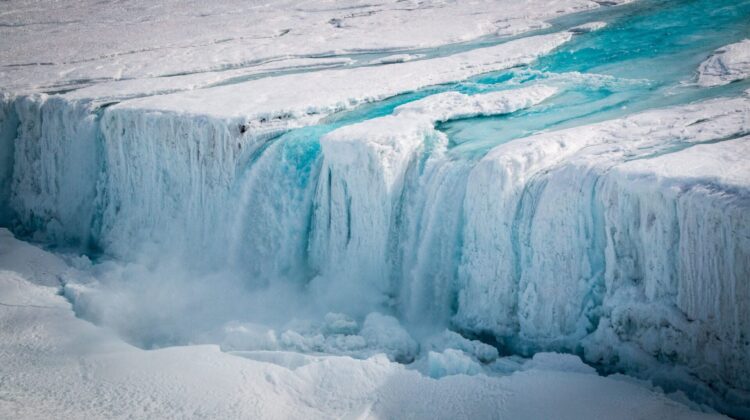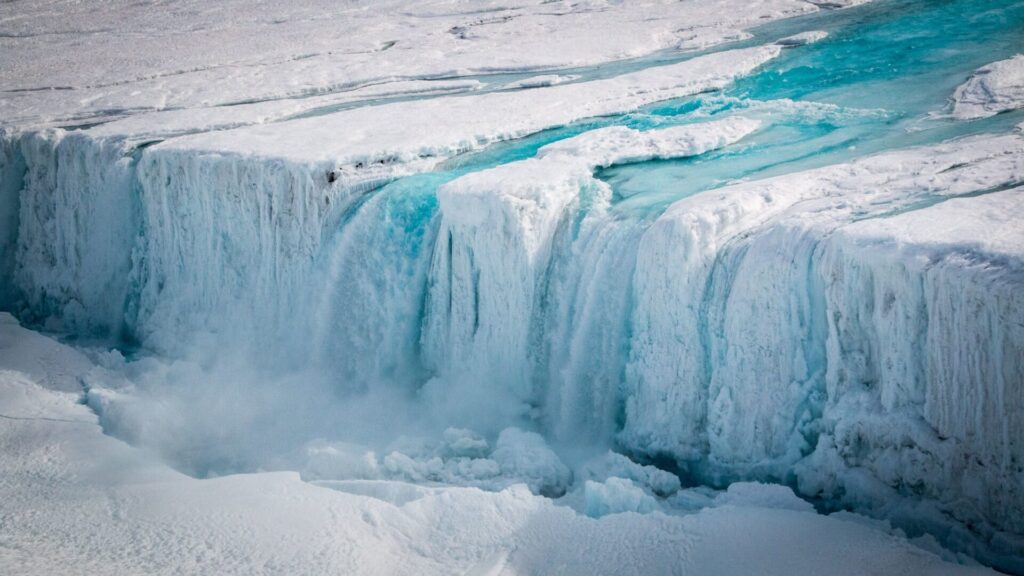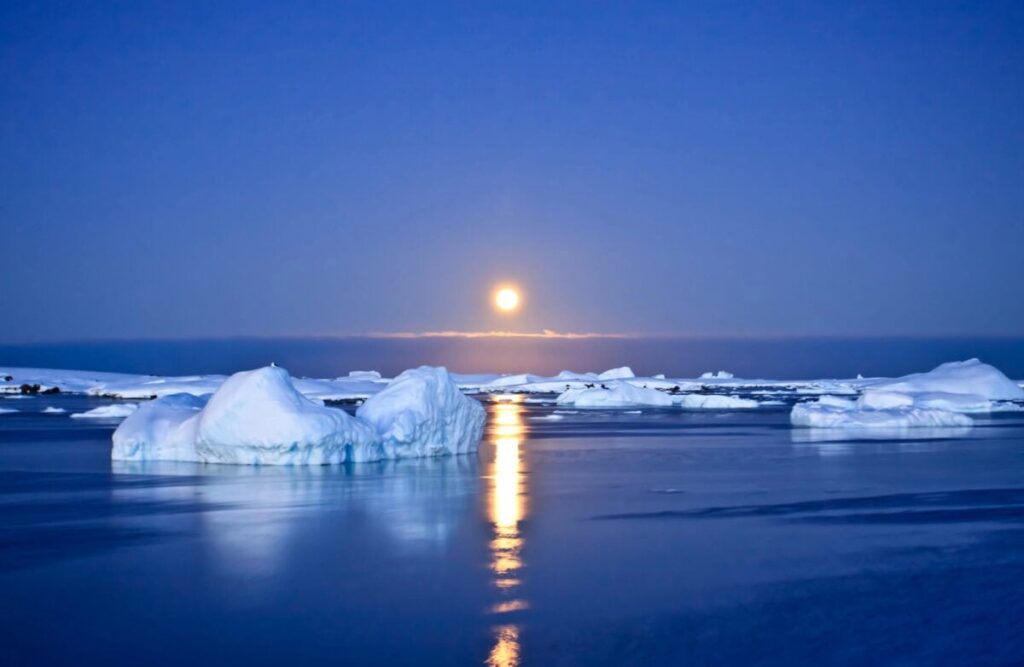
The icy expanse of Antarctica, often seen as Earth’s frozen fortress, is now sending a chilling alarm to the world. A coalition of nearly 500 polar scientists, gathered at the 2024 Australian Antarctic Research Conference, has issued a dire warning about Antarctica’s future and its potential catastrophic impact on global sea levels. This urgent call to action underscores the pressing need to address climate change before it’s too late.
Antarctica’s Ice Crisis: What’s Happening?
Antarctica holds the key to the planet’s stability. The East Antarctic Ice Sheet alone contains enough ice to raise global sea levels by 50 meters (164 feet) if it were to melt completely. Currently, the icy continent is losing 17 million tonnes of ice every hour, driven by global warming. This alarming rate of ice loss, now six times faster than three decades ago, poses unprecedented risks to humanity.

Satellite imagery and research reveal extreme events such as:
- Record-low sea ice levels.
- Heatwaves with temperatures 40°C (72°F) above average.
- Widespread instability in ice shelves critical for maintaining global sea levels.
Even East Antarctica, long thought to be a stable ice reserve, is showing signs of vulnerability with massive melting events and shifting ecosystems.
Why It Matters: Catastrophic Sea-Level Rise

As polar ice melts, the global sea level has already risen by 10.5 centimeters (4 inches) in the past 30 years. Projections are even more harrowing:
- By 2100, coastal cities worldwide, including those in Australia, could face a 31-inch (80 cm) rise in sea levels.
- This would wreak havoc on infrastructure, displace millions, and cost billions in damages.
The Southern Ocean, a crucial “planetary air-conditioner,” is also losing its ability to regulate global temperatures and absorb carbon, further compounding climate challenges.

“Runaway Ice Loss” and the Tipping Point
Scientists warn that we may be nearing, or perhaps already past, critical tipping points. These irreversible thresholds could trigger runaway ice loss, causing sea levels to rise uncontrollably within our lifetimes.
The Call to Action: “Every Fraction of a Degree Matters”
The researchers stress the importance of global cooperation to curb greenhouse gas emissions. Urgent actions include:
- Reducing Emissions: Achieving “deep, rapid, and sustained” reductions in greenhouse gas emissions is vital. Every tonne of carbon reduced helps mitigate the crisis.
- Adaptation Measures: Coastal cities must adopt infrastructure to withstand rising sea levels, though adaptation alone won’t be enough without addressing the root cause.
- Global Awareness: Policymakers, businesses, and individuals must prioritize climate action to “bend the carbon curve.”

Why This Issue Deserves Immediate Attention
The statement from the conference is a stark reminder: Antarctica’s ice is melting faster than ever, with global implications. Ignoring this crisis not only threatens ecosystems but also endangers economies, security, and the very survival of coastal communities.
Final Word: A Shared Responsibility
The clock is ticking. The fate of Antarctica, and by extension, the planet, depends on immediate, united action. As the researchers conclude, “Every fraction of a degree matters.” Now is the time to act decisively for a sustainable future.

Leave a Reply